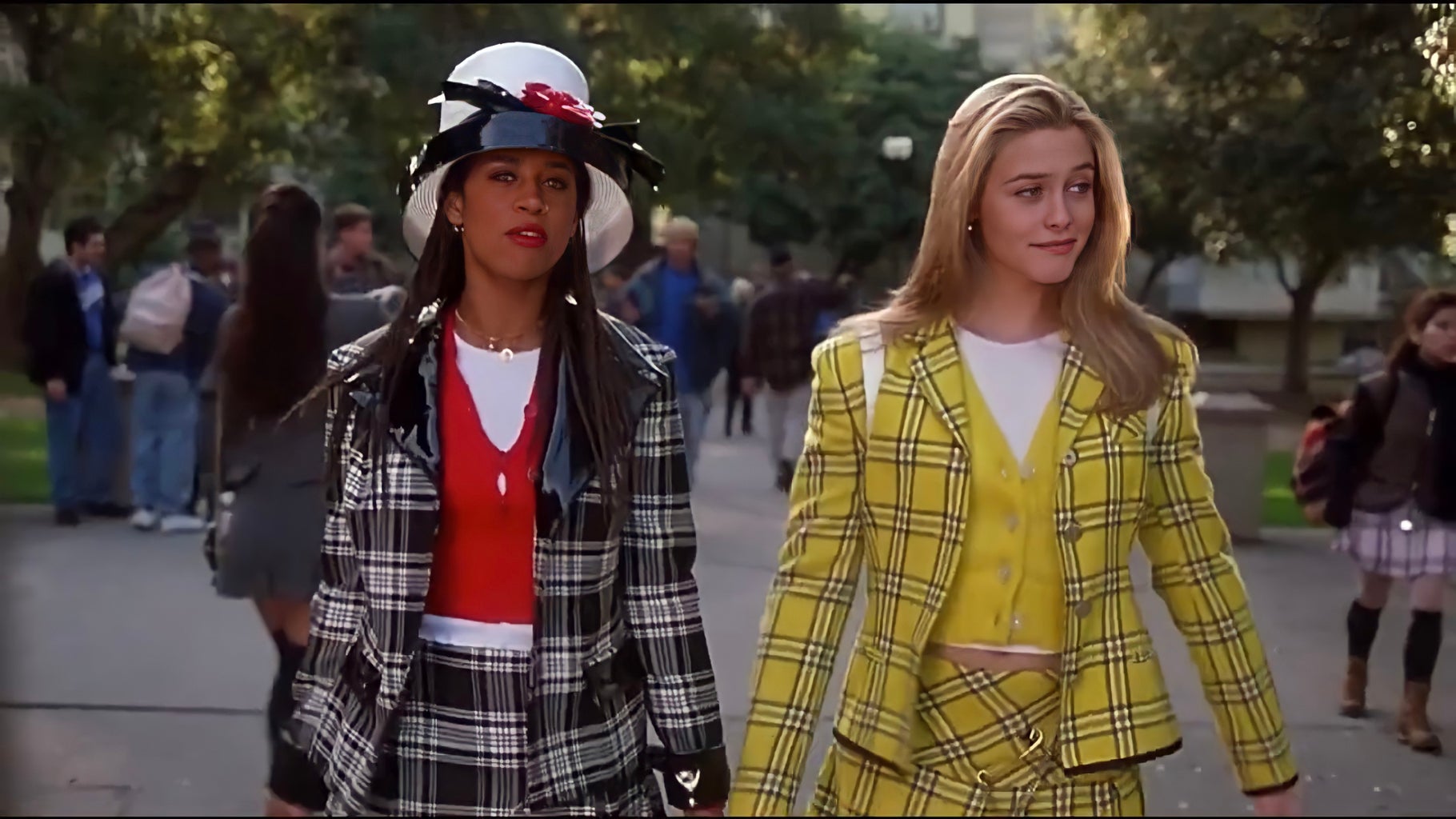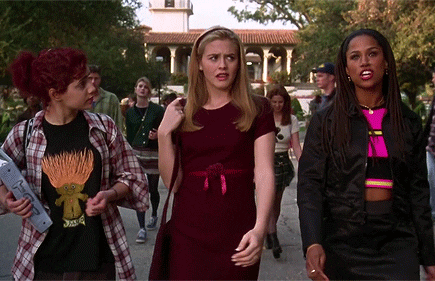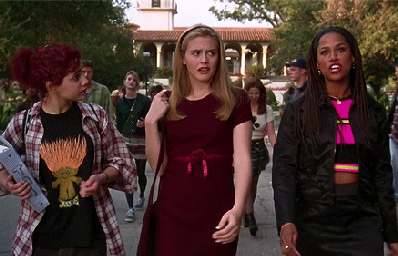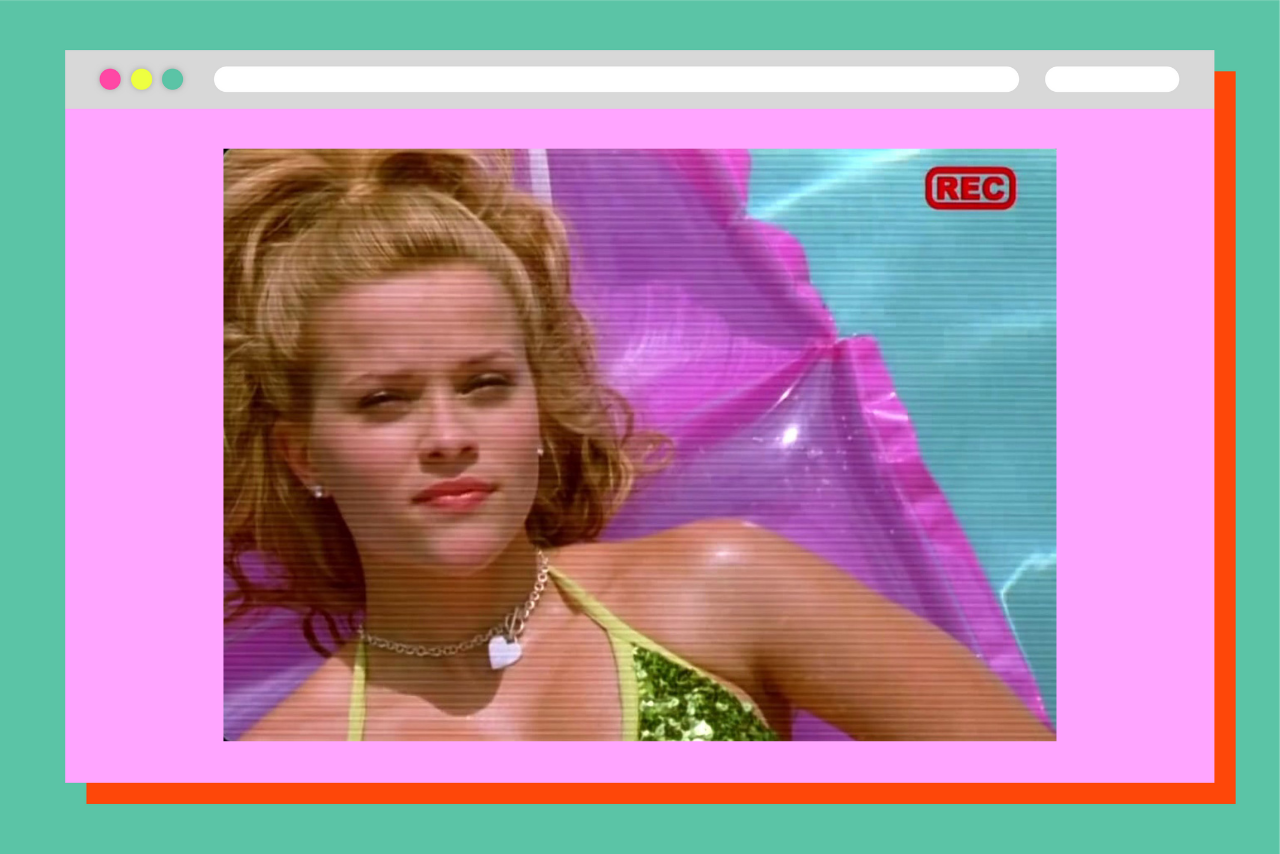‘Chick flick’. How many times have you heard that term thrown out to insult a movie. Whether it’s coming from a dad or a brother objecting to a pick for family movie night, or a film bro explaining why his movie taste is superior, chick flicks are looked down upon far too often.
For those of us who may have heard the term ‘chick flick’ being used in conversation, but aren’t entirely sure what it means, chick flick is used to describe any movie that is catered and marketed towards women. These are mostly movies that have a female main character and involve a plot of romance and/or sisterhood.

The term first started being widely used in the ’80s, when movies like The Princess Bride and Dirty Dancing were released and quickly became popular. The chick flick boom continued into the 90s and early 2000s with movies like Clueless, You’ve Got Mail, She’s All That, The Sisterhood of the Travelling Pants, and my all time favourite movie 10 Things I Hate About You. Each of these movies are completely unique with different lessons and yet they are all lumped together into the supposedly all-encompassing term of chick flick. By boiling down hundreds of movies to just the gender of the protagonist or audience these movies become under-appreciated. This also adds to the current view of male-centered movies being the norm, able to be any genre without thought to gender, whereas female-centric movies are female first and anything else second. The new Ghostbusters remake for example, which is a comedy-action film, was deemed a chick flick by many purely due to its mostly female cast.
The fact that a movie catered toward women could result in it being defined as a specific genre is crazy when you consider that for what feels like all of history, almost every piece of media has been catered towards men. Movies often lack any female presence or consideration of a female audience, which is apparent in how they portray women and the space, or lack of space, that directors and writers make for women in their movies. If we’re lucky enough to see one female character, you can bet on her being reduced to the role of love-interest, victim, seductress, or mother. And don’t even get me started on the dead mother/wife trope that far too many movies use to create motivation for their male characters.
The absence of women in major films is clear when using the Bechdel Test. In order for a movie to pass the Bechdel Test, all it has to accomplish is having two named female characters talk to each other about something other than a guy. Sounds easy enough right? Well, only 49% of movies nominated for Best Picture from 1929-2017 passed this test. So while chick flicks may be demeaned for being ‘too feminine’, they are obviously providing audiences with something that many movies lack.
By focusing on the lives and experiences of women, many chick flicks contain strong lessons which are often overlooked by men eager to write the movies off as a brainless romcom. Legally Blonde, for example, is known as a chick flick due to its girly humour, pink aesthetic, and bubbly female characters. But by labelling it to a lesser film because of its femininity, the audience enables into the same issue that the movie actually addresses: somethings femininity doesn’t discount the value of that thing. To put something in a box because of its perceived femininity is to ignore all its other amazing traits. Just like Elle Woods, I don’t believe that something needs to have no trace of femininity in order to be taken seriously.
Not every movie has to be about some guy discovering the bleak meaning of life while pensively smoking a cigar. Some movies need to be lighthearted and fun. Chick flicks deserve just as much of a spotlight as their male counterparts. Female audiences deserve to have movies that take them into consideration without the movies being deemed as inferior. Our problems, goals, desires, and shortcomings deserve to be celebrated on the silver screen. And if there just so happens to be a sprinkling of cheesy romance, so what? A little romance never killed anyone.



